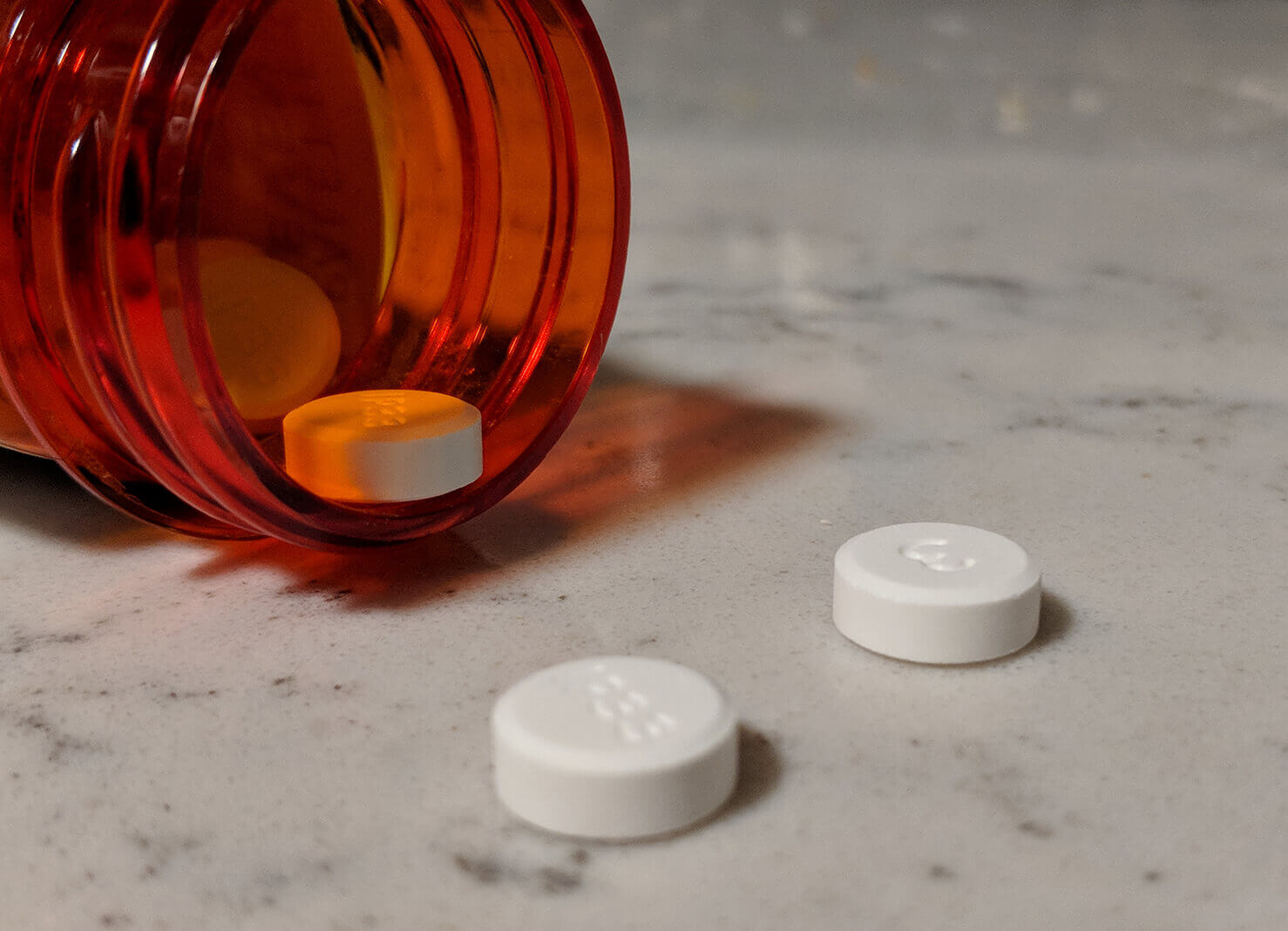The shocking statistics don’t lie: the opioid epidemic is officially deadlier than the deadliest year of the Vietnam War. With more than 40,000 Americans dying from opioid overdoses every year and the costs of the crisis now exceeding one trillion dollars, it is worth looking back at the history that brought us to this point.
1861: Medics first start using morphine to treat soldiers injured in the Civil War; many soldiers become addicted to the drug
1898: The Bayer Company begins the first commercial production of heroin
1914: The Harrison Narcotics Act, which bans over the counter (OTC) sales of narcotics & requires a doctor’s prescription to receive such medication, is passed by the United States Congress
1924: The Anti-Heroin Act, which bans the production or sale of heroin in the United States, is passed by the United States Congress
1974: Congress passes the Controlled Substances Act which categorizes drugs based on their potential for abuse
1995: Purdue Pharma introduces Oxycontin to the prescription drug market, falsely claiming that it is safer than oxycodone
2007: Purdue Pharma is criminally charged for the misleading advertising of Oxycontin
2010: The Food and Drug Administration (FDA) approves a new form of Oxycontin that is supposed to help curb improper or excessive use, but the drug continues to be abused
2015: The Drug Enforcement Agency (DEA) arrests 280 people on charges relating to the overprescription of opioids, the largest prescription drug bust in American history
2017: The opioid crisis is declared a public health emergency by the President of the United States and the Acting Secretary of the Department of Health and Human Services (HHS)
If you are growing concerned that you or someone you love might be developing an opioid addiction, you should speak with certified addiction specialist as soon as possible. Substance addiction is a progressive disease and it will only get worse if left untreated.
Asana Recovery offers a supervised detoxification and residential treatment program in a supportive, relaxing, and inspiring environment. Call us at (949) 438-4504 to learn more about our facilities and find out if our drug and alcohol addiction treatment program may be right for you.



